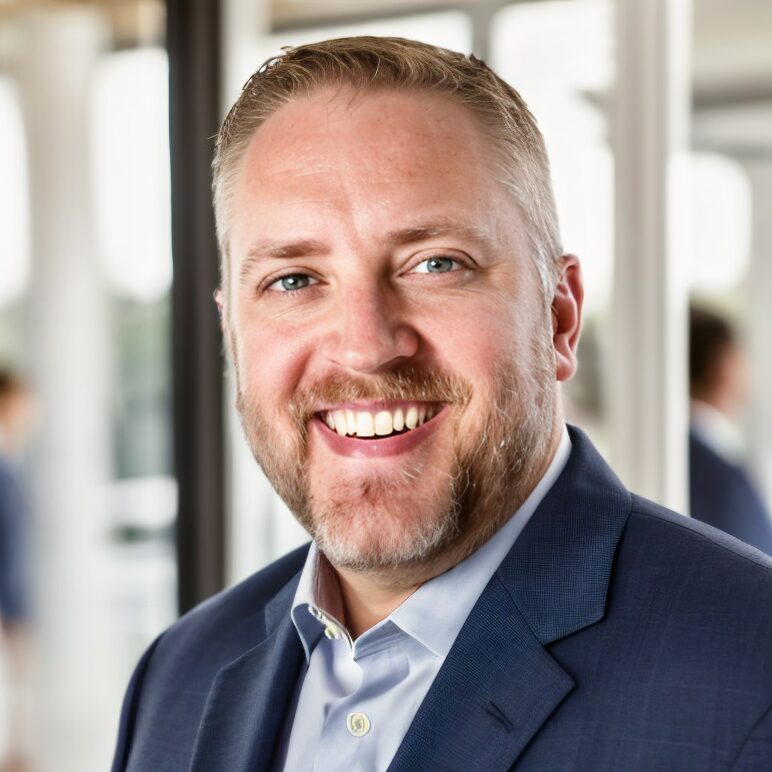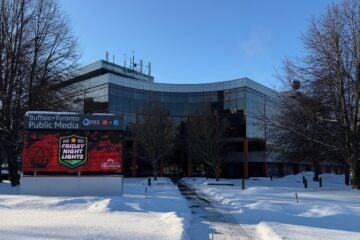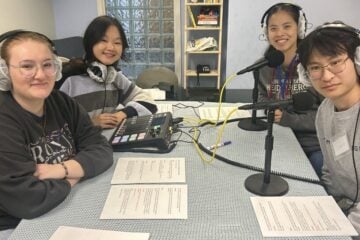Why the public radio system needs a barter tier for programming

mustafaU / iStock
The loss of CPB funding for fiscal years 2026 and 2027 has sent shockwaves through the public radio system. For some, it’s an unwelcome budget hit. For others — particularly rural and smaller stations — it’s something closer to a crisis. At my station, 88.9 KETR in Commerce, Texas, the rescission represents a loss of more than 80% of the support that makes our carriage of national programming possible.
These dollars didn’t pad a reserve or fund expansion. They kept us current with NPR membership fees, paid for the BBC World Service (which we receive via American Public Media), WNYC’s On the Media and Texas Standard from The Texas Newsroom, and they helped us stay connected to the network of trusted journalism that our audience relies on. Without that support, we are left asking not only what we can afford but what we can continue to be.
It’s no secret that this rescission was aimed squarely at NPR and PBS. What’s more painful is how quickly the damage rolls downhill. Local stations — especially the smaller ones — will feel the effects first and most acutely. If we lose service in dozens of communities long before NPR has to meaningfully restructure, that is not a system that shares its burdens evenly.
Which is what leads me to this question:
What if there were a barter-based affiliate tier for stations like mine?
In commercial radio, I worked with national networks like ABC Radio, ABC News and Learfield Sports. These content distributors didn’t charge local affiliates steep programming fees. The value they sought wasn’t in cash, but in reach. They monetized sponsorship at scale and offered content in exchange for access to local audiences. And the model worked. It still works.
NPR, APM, WNYC — these are national content producers with embedded sponsorship models already in place. Every hour of national programming includes underwriter messages. At many stations, those national spots are mandatory. That is already a form of barter. We are just paying for the privilege on top of it.
What if stations that can no longer sustain full-fee membership had an alternative? A model that might look something like this:
- No base dues or annual program fees
- Mandatory carriage of national sponsorship inventory
- Optional local avails to maintain local viability
- Access determined by audience reach, mission alignment and public service rather than dollar-for-dollar cost
This would not replace the traditional membership model. It would expand the system’s capacity to hold onto affiliates that want to remain in the family, even if they can no longer contribute financially in the same way. It would allow NPR and other producers to preserve audience and distribution while maintaining the national underwriting inventory that sustains them.
In truth, there are probably dozens of ways to structure such a model. Maybe the programming is limited. Maybe some cost-sharing remains. Maybe it is time-limited to post-CPB recovery. What matters more than the mechanism is the willingness to acknowledge the need.
I do not expect NPR, APM or WNYC to solve the problems created by Congress. But if the goal is to preserve a network of service that spans urban, suburban and rural communities alike, we need more than sympathy. We need structure.

This is not about fairness in the abstract. It is about sustainability in practice. If the system is going to survive this storm, it will have to evolve. That evolution must include the smallest stations alongside the largest.
If you are a leader in public media, I hope you will join me in asking what we can preserve by changing how we partner. Let’s explore the possibility of a barter tier — not because the old model was broken, but because the ground beneath it has shifted.
Jerrod Knight is GM of 88.9 KETR-FM in Commerce, Texas, where he has served since 2008. A native of North Texas, he began his career in commercial radio and later transitioned to public media. Knight oversees operations, programming, development and strategic planning for KETR, which serves rural communities in Northeast Texas. He is an active advocate for rural public broadcasting and systemwide sustainability.








The short answer is that your idea, while noble, is totally illegal. It violates the non-commercial/educational nature of your FCC broadcast license. It’s illegal for “NCE’s” to sell airtime, period. That’s what you’re suggesting.
If you say “but I’m only talking about underwriting” then I’m afraid your idea has no meaning, because must-carry underwriting messages are *already* widely embedded in national programming. There’s nothing “new” there.
You know the next attack is going to be underwriting. He already has the FCC investigating Sponsorships at many stations. First cut Federal Funding and next cut your earned income underwriting.